Jean-Jacques Kantorow, Granada City Orchestra, Kees Bakels - Edouard Lalo - Symphonie Espagnole, Violin Concerto, Fantasie Norvegienne (2009) H-Res
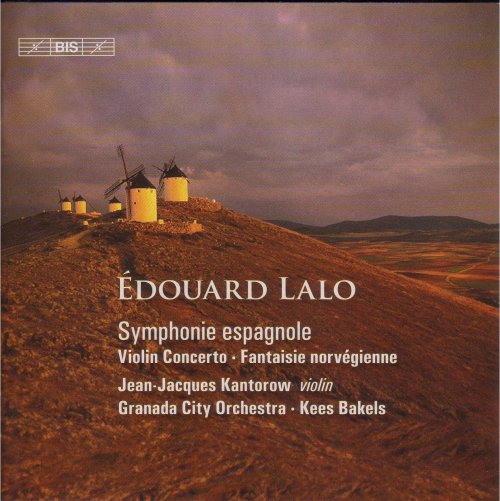
Artist: Jean-Jacques Kantorow, Granada City Orchestra, Kees Bakels
Title: Edouard Lalo - Symphonie Espagnole, Violin Concerto, Fantasie Norvegienne
Year Of Release: 2009
Label: BIS
Genre: Classical
Quality: FLAC 24bit-44.1kHz / FLAC (tracks)
Total Time: 01:09:00
Total Size: 690 Mb / 333 Mb
WebSite: Album Preview
Tracklist: Title: Edouard Lalo - Symphonie Espagnole, Violin Concerto, Fantasie Norvegienne
Year Of Release: 2009
Label: BIS
Genre: Classical
Quality: FLAC 24bit-44.1kHz / FLAC (tracks)
Total Time: 01:09:00
Total Size: 690 Mb / 333 Mb
WebSite: Album Preview
Edouard LALO (1823-1892)
Concero for Violin and Orchestra, Op.20 (1873)
1 I.Andante (13'13)
2 II.Andantino (4'46)
3 III.Allegro con fuoco (5'48)
Fantasie Norvegienne (1878)
4 I.Allegro non troppo (4'53)
5 II.Andante (4'03)
6 III.Allergo (4'22)
Symphonie Espagnole,Op.21 (1874)
7 I.Allegro non troppo (7'13)
8 II.Scherzando. Allegro molto (3'57)
9 III.Intermezzo. Allegro non troppo
10 IV.Andante (5'56)
11 V.Rondo. Allegro (7'46)
Performers:
Jean-Jacques Kantorow - violin
Granada City Orchestra (Orquestra Ciudad de Granada)
Kees Bakels - conductor
Throughout the history of music, many composers have had encounters with performers that would shape much of their output for years to come. Brahms had Joachim, Shostakovich had Rostropovich, and Lalo had Sarasate. In fact, Sarasate was the impetus for a great many violin compositions in the 19th century, but his impact on Lalo's writing was perhaps the most significant. The little-known Op. 20 Concerto was Lalo's first major success, followed immediately by the perennially appreciated Op. 21 Symphonie espagnole. The final work Lalo wrote specifically for Sarasate is the Fantaisie norvégienne, which came four years after Symphonie espagnole. While the middle composition has endured as a violinist and audience favorite far more than the outer two works, all three were clearly written with Sarasate's legendary technical prowess and passionate, Romantic playing. This BIS album features violinist Jean-Jacques Kantorow performing with the Granada City Orchestra under Kees Bakels. Kantorow's playing possesses many of the characteristics listeners may imagine when thinking of Sarasate: meticulous intonation, intense vibrato, dazzling bow technique, deft glissandos into big shifts, and gripping interpretive skills. The only thing that falls a bit short of expectations is Kantorow's sound, which, though always audible over the sensitive orchestral accompaniment, is not as big, robust, or powerful as might be hoped for. Still, finding all three of these works together on one album performed by a clearly gifted artist is a rare treat, and listeners are encouraged to check it out.
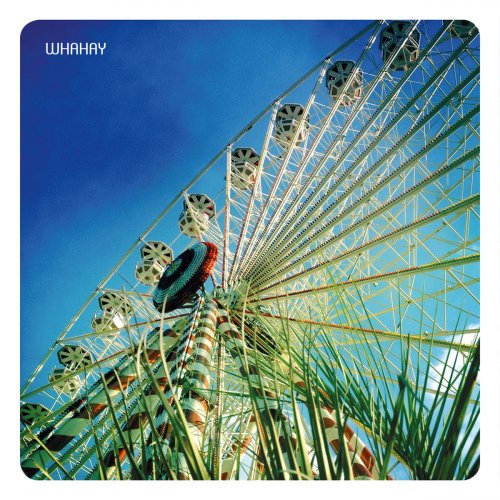
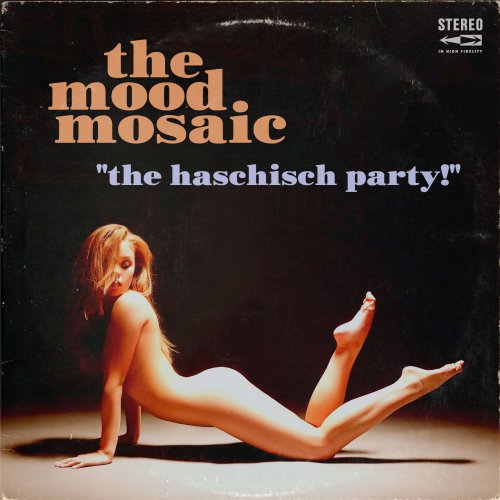
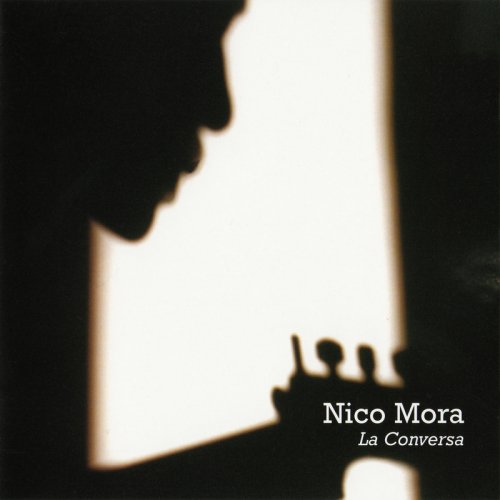
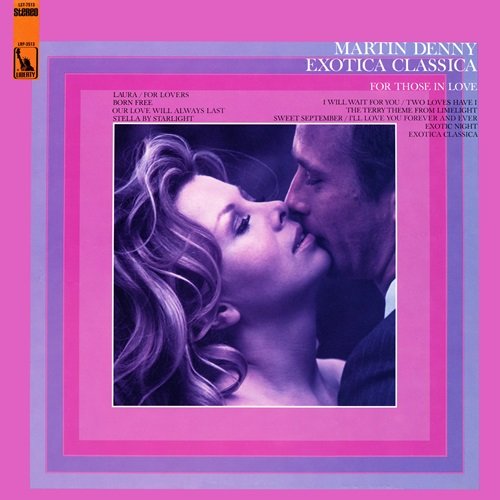
![Black Flower - Ghost Radio (2016) [Hi-Res] Black Flower - Ghost Radio (2016) [Hi-Res]](https://img.israbox.com/img/2025-12/21/9jx4xnhjd3hra5u06rbmghsre.jpg)
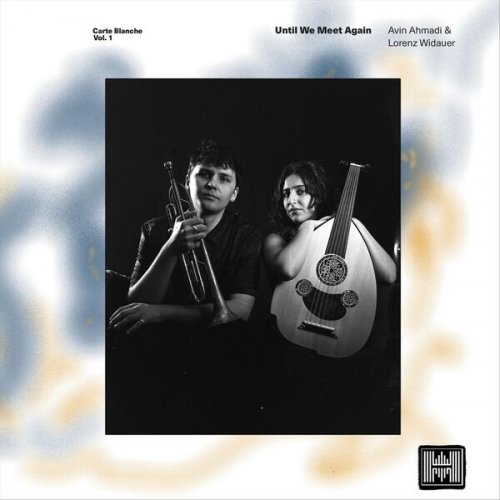
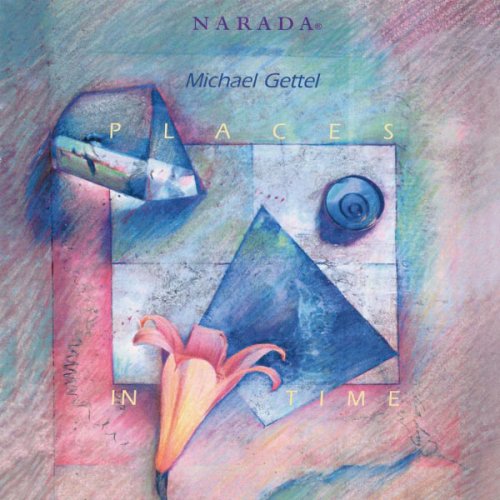
![The Mood Mosaic - Soul Seduction (2025) [Hi-Res] The Mood Mosaic - Soul Seduction (2025) [Hi-Res]](https://www.dibpic.com/uploads/posts/2025-12/1766135288_d5rmbmuwqtmya_600.jpg)
